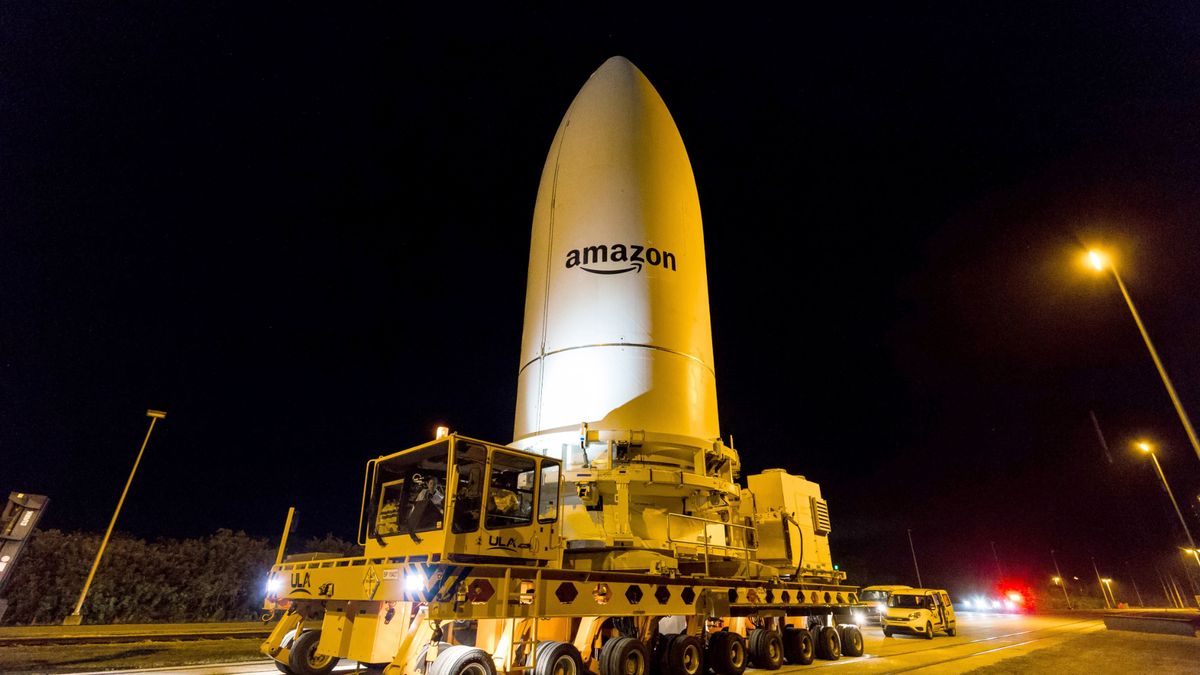Amazon Set to Launch First Major Batch of Project Kuiper Satellites on April 9

Amazon Set to Launch First Major Batch of Project Kuiper Satellites on April 9
Mark your calendars! Amazon is gearing up for the debut launch of its Project Kuiper broadband satellites, with a significant mission scheduled for April 9. A United Launch Alliance (ULA) Atlas V rocket is set to carry 27 Project Kuiper satellites into low Earth orbit (LEO), as announced by Amazon on April 2. The rocket will take off from Cape Canaveral Space Force Station in Florida during a three-hour window that starts at 3 p.m. EDT (1900 GMT)—and you won’t want to miss it; the launch will be broadcast live.
This marks the second time Project Kuiper will make headlines; a previous launch in October 2023 saw an Atlas V carry two prototype satellites into space. Rajeev Badyal, vice president of Project Kuiper, emphasized the significance of this upcoming flight: "We’ve conducted extensive ground testing in preparation for this mission, but there are some insights you can only gain during actual flight. This launch will not only be the first time we deploy our finalized satellite design but also the largest simultaneous deployment we’ve attempted."
Badyal remained optimistic, stating, "Regardless of how the mission unfolds, this is merely the beginning of our journey. We are well-prepared to gather insights and adapt as we plan future launches in the coming years."
According to Amazon, the initial Project Kuiper constellation aims to consist of approximately 3,200 satellites in LEO. The goal is to provide global internet coverage, similar to what SpaceX's Starlink megaconstellation already offers—currently boasting over 7,100 Starlink satellites actively orbiting Earth and more being added weekly.
The April 9 launch will also be the first for ULA this year. Notably, the payload of 27 Project Kuiper satellites will represent the heaviest cargo the Atlas V rocket has ever lifted, according to Amazon's statement.
In the coming years, Amazon plans to expand the Project Kuiper constellation with seven additional Atlas V launches, complemented by 38 missions involving the next-generation Vulcan Centaur rocket. The company is also collaborating with other launch providers, including Arianespace, Blue Origin, and SpaceX, with more than 30 additional launches scheduled.
Stay tuned for what promises to be a thrilling leap forward in satellite broadband technology, as Amazon’s Project Kuiper prepares to take to the skies!